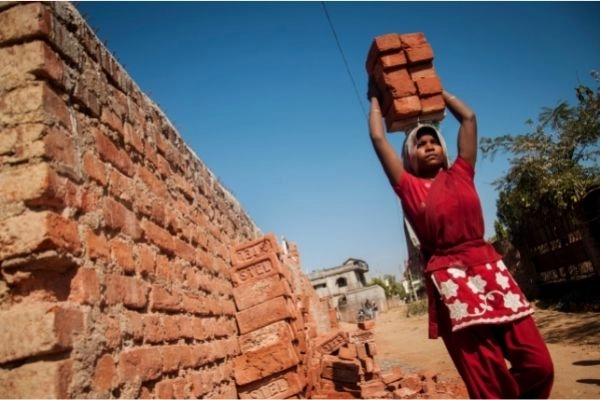Across the length and breadth of the country, women in the informal economy are shouldering the burden of the nationwide lockdown with little to no effort made to alleviate their concerns. Women in the informal economy comprise 94% of the female labour force in India. The voices of these women are neglected in most of the discourse surrounding the adverse impacts of the lockdown, ranging from migrant women who are undercounted as migrants to women farmers not being able to access the curfew relaxations their male counterparts can. Additionally, given the financial burdens on women who operate within a system with severe gendered pay disparity, the trade-wise impacts on women workers is severely under represented. To that end, 14 SEWA Bharat staff members over two weeks in April conducted a phone survey to capture the experiences of women in the informal economy to better understand the gendered consequences of the national lockdown aimed at preventing the spread of COVID-19. This was the second survey during the lockdown, building on a previous sample of 75 in March 2020, and will be a part of a series of data collection efforts. In this iteration, SEWA staff members who had been trained by the research team, spoke to 300 members, spread across multiple states and occupations to better understand some of the gendered nuances of the lockdown on the informal economy.

